
A shopper (right) tries on a gold bracelet at a jewelry shop in Chongqing. (SUN KAIFANG/FOR CHINA DAILY)
Robust demand for gold investment, as seen in the first three quarters, is expected to continue as economic and geopolitical uncertainties may drive up investors' purchases of safe-haven assets, leading to a sales increase in gold coins and bars, said experts on Tuesday.
The precious metal's attractiveness to investors may be further spurred if central banks continue with their gold buying, they said.
Demand for gold bars and coins in China surged to 82 metric tons in the third quarter despite soaring gold prices, marking a remarkable 66 percent surge on a quarter-to-quarter basis and a 16 percent year-on-year increase from the high base in the third quarter of 2022, said a report released on Tuesday by the World Gold Council.
The report highlighted that this represented the strongest third-quarter performance since 2018, significantly surpassing the five-year average of 64 tons and the 10-year average of 61 tons.
Cumulatively, in the first nine months, China's demand for gold bars and coins reached 197 tons, a robust 26 percent growth compared to the same period in 2022, according to the report.
"The rising interest in gold bars and coins was primarily driven by investors' safe-haven demand, supported by global geopolitical instability and weak performance of investment products denominated in Chinese yuan," said Wang Lixin, CEO of WGC (China).
Wang pointed out that the ongoing gold purchases by central banks may have spurred investor interest in the yellow metal.
According to the report, global net central bank purchases of 337 tons represented the third strongest quarter in WGC's recorded history, although it failed to match the 459 tons seen in the third quarter last year. Yet, demand from central banks year-to-date was 14 percent ahead of the same period last year at a record 800 tons.
Wang said the difference between domestic and international gold prices was another reason behind the demand boom of gold investment. On Sept 14, the single-day price difference reached a historic high of $121 per ounce.
The benchmark LBMA (London Bullion Market Association) pm auction gold price averaged $1,928.5 per ounce. While this was 2 percent lower than the record high set in the second quarter this year, it still represented a 12 percent increase compared to the same period last year.
In terms of gold jewelry, China's total demand in the third quarter amounted to 154 tons, marking a 6 percent year-on-year decrease. However, it rose by 16 percent compared to the second quarter, the WGC report said. In the first nine months, China's total demand for gold jewelry reached 481 tons, an 8 percent year-on-year growth.
Wang explained that economic recovery has been a significant driver of the resurgence in domestic gold jewelry demand. The pent-up demand for wedding jewelry since last year also provided a boost to gold jewelry consumption. Compared with other types of goods, gold jewelry's financial value helped gain favor, boosting consumer willingness to spend.











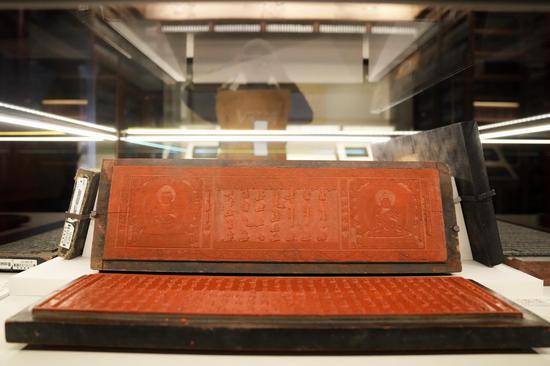





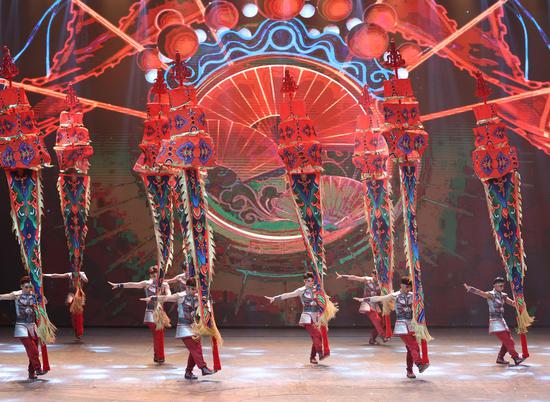

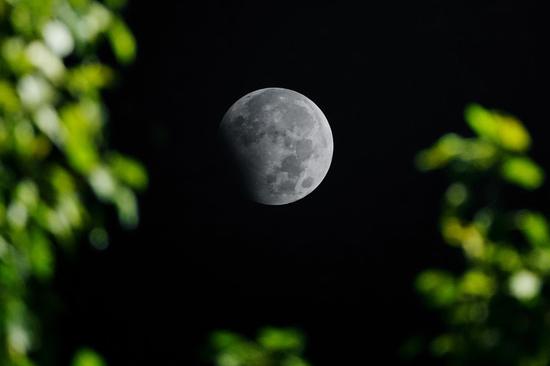

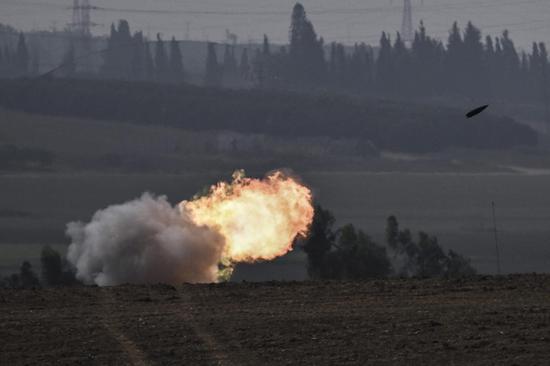

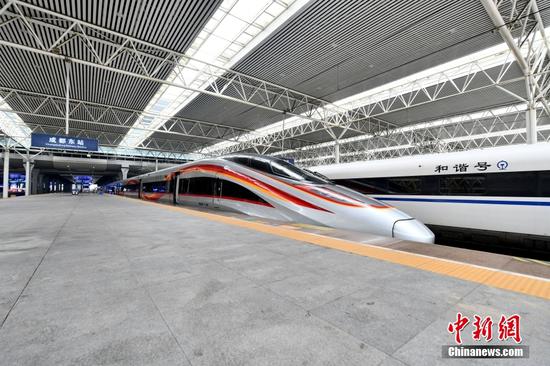


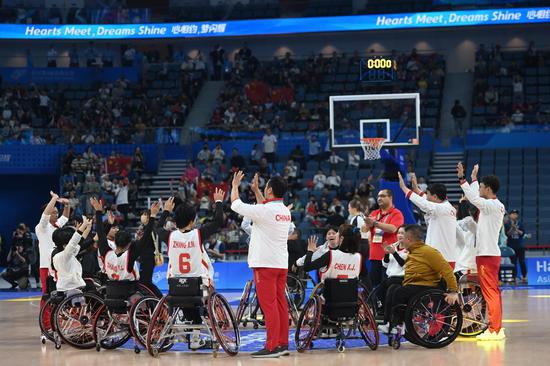


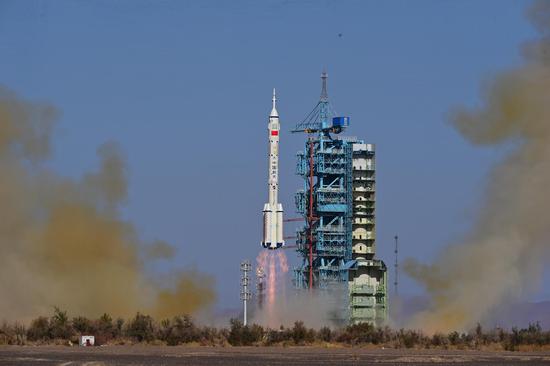
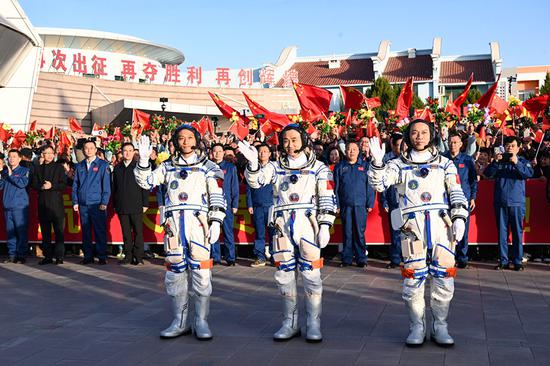









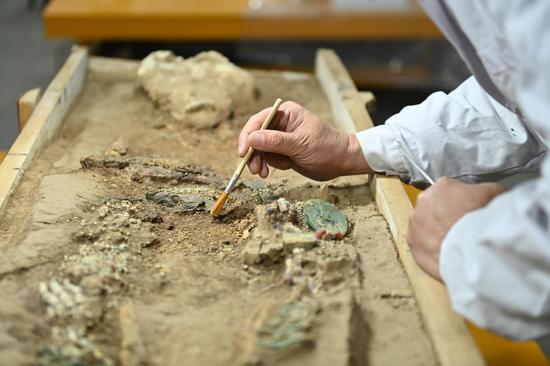



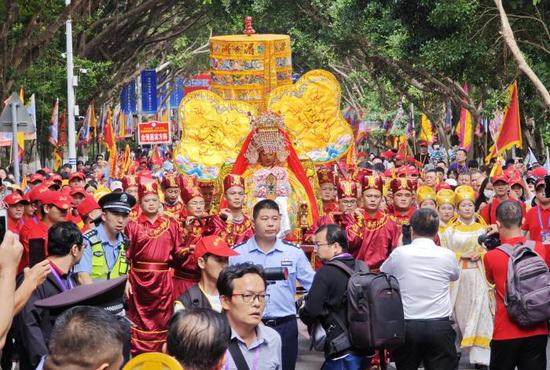





 京公网安备 11010202009201号
京公网安备 11010202009201号